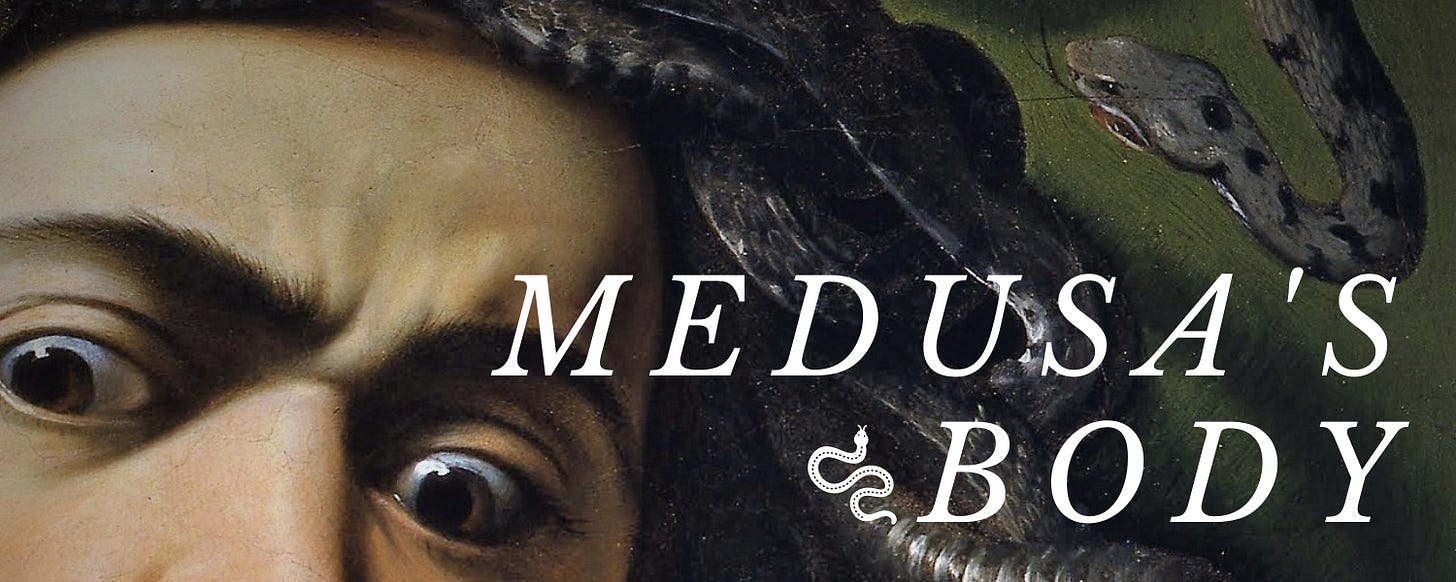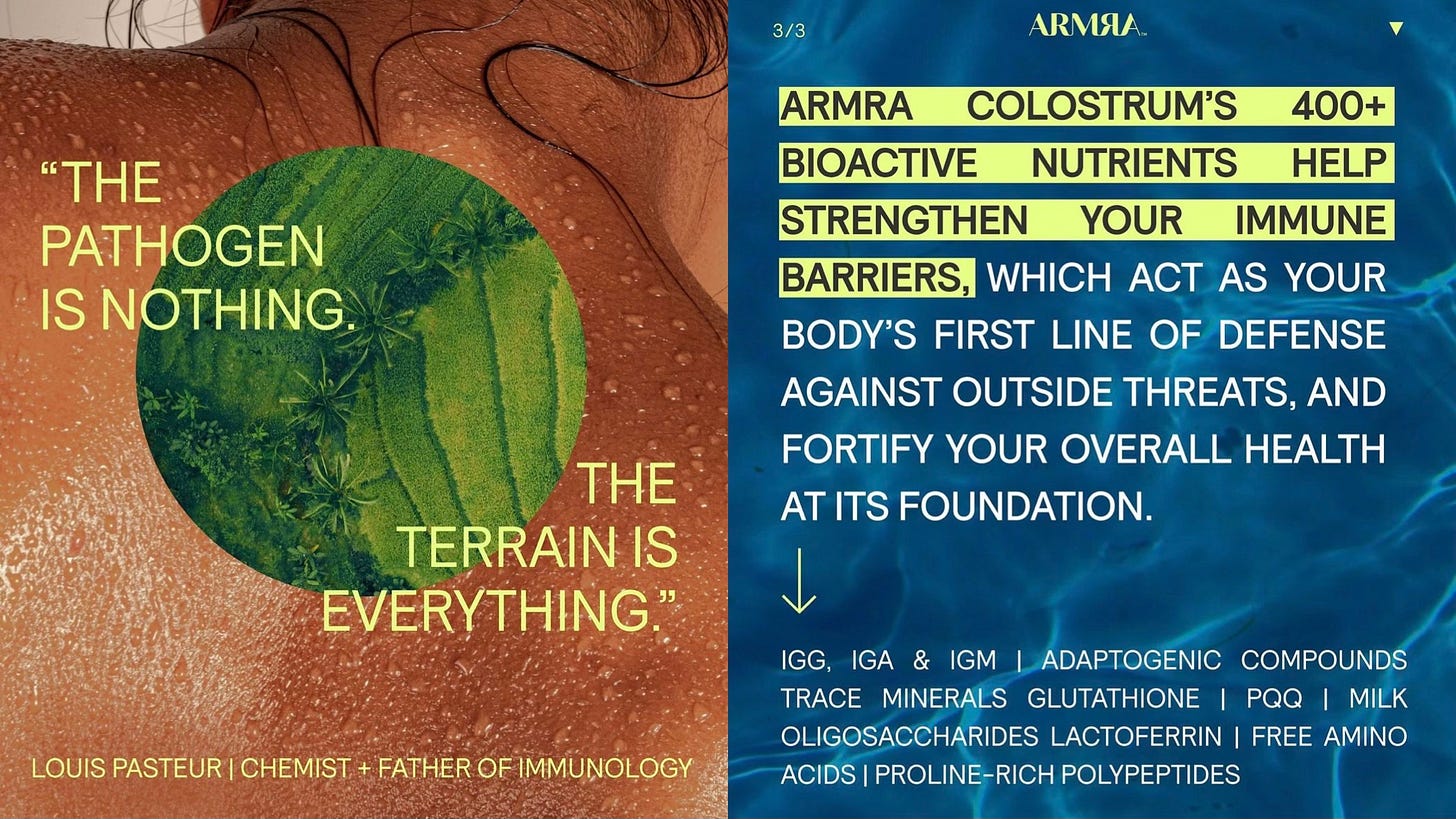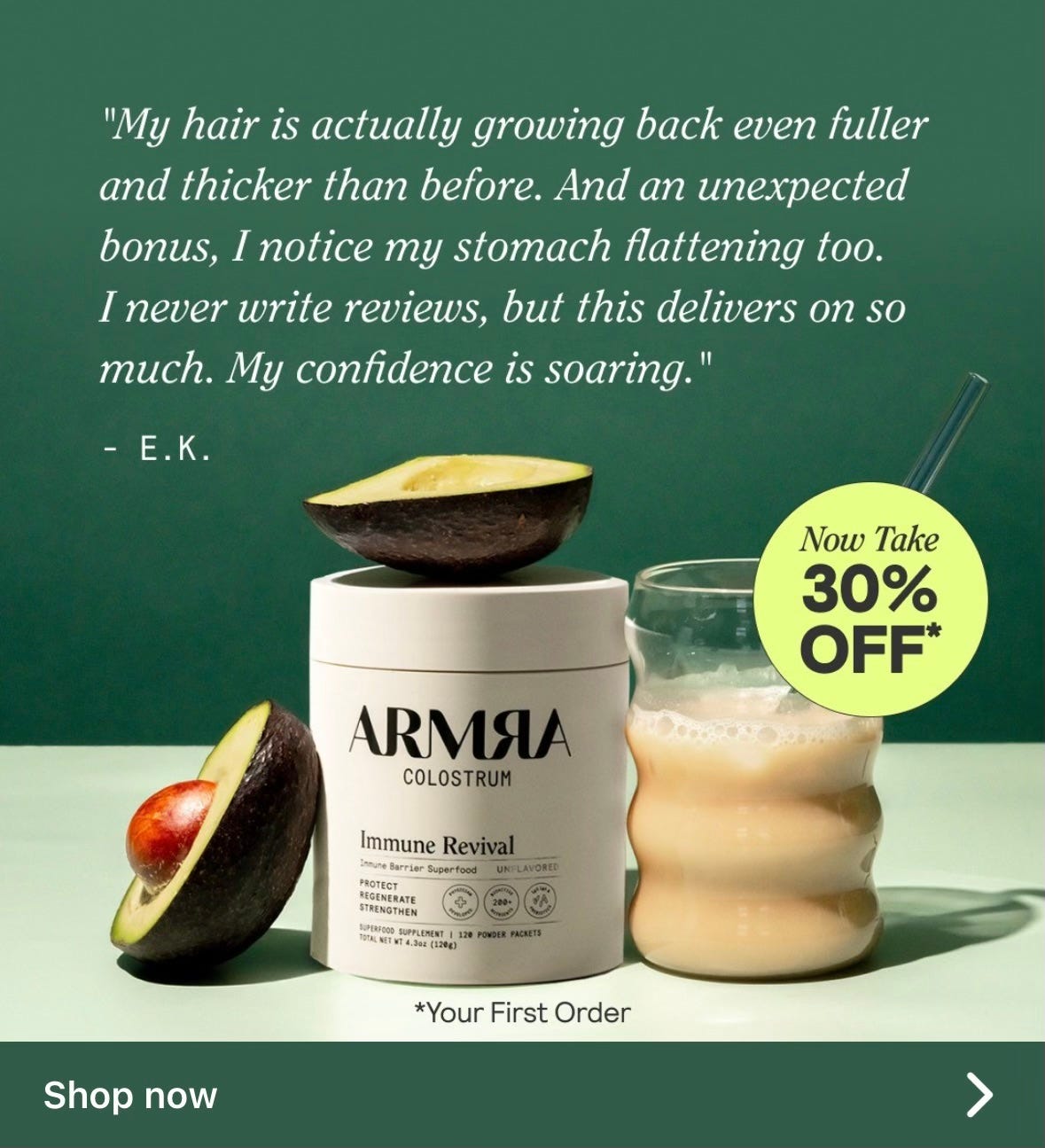I saw Verdi’s La Traviata at the Hungarian State Opera in July, during which a man seated behind me coughed eight times. Eight coughs spread over three acts may not seem like a lot, but if you heard them you would understand. I tried to focus on Violetta Valéry’s beautiful death by tuberculosis instead of picture SARS-CoV-2 being sprayed onto the back of my neck. She coughed blood onto a white handkerchief—my favorite—but I flinched when she handed it to her maid.
Tuberculosis ruled the stage in the second half of the 19th century, when germ theory was not yet widely accepted. Violetta’s friends were not worried they would catch her disease by being close to her; they believed tuberculosis was a tragic (yet aesthetically becoming) consequence for too much partying.
La Traviata was first performed in 1853 and Puccini’s La Bohème closed the era of the tubercular heroine in 1896. After the turn of the 20th century, tuberculosis fell out of fashion as a plot device, perhaps because science comprehended its etiology: The disease being caused by poor sanitation rather than passion or genius put a damper on the romance of it all.
-
In Illness as Metaphor, Susan Sontag argued that cancer was to the 20th century what tuberculosis was to the 19th. Both diseases were “spectacularly, and similarly, encumbered by the trappings of metaphor.” As late as the 1970s, cancer was believed to strike people who repressed their emotions or lacked passion. This psychological explanation was an update to the moralizing whimsy of the previous century, but it was victim-blaming just the same.
Sontag suggested that any disease that remains intractable despite modern medicine’s promise to cure everything would become the subject of myth-making, since something must be blamed. Being able to point to a personal cause (that sounds scientific) relieves the terror of what appears to be a senseless killer, though it stigmatizes the patient.
During the bellicose 20th century, cancer was also used as a metaphor for the insidious Other. Since the treatment of cancer involved brutal surgery to remove a tumor, calling an idea or a group of people “a cancer” functioned as a call to arms.
Sontag dared to hope that the progress of medicine in understanding and treating cancer would dispel the unhelpful metaphors around it, like it did with tuberculosis. The yearning in her conclusion is palpable: “Concepts have started to shift in certain medical circles, where doctors are concentrating on the steep buildup of the body’s immunological response to cancer.” Sontag wrote Illness as Metaphor while undergoing treatment for metastatic breast cancer, by the way. “As the language of treatment evolves from military metaphors of aggressive warfare to metaphors featuring the body’s ‘natural defenses,’ […] cancer will be partly de-mythicized…”
-
Sontag accidentally prophesied the dawn of the age of immunity. She may be chagrined, however, to see that despite the stunning progress of medicine, popular discourses on health and disease have held onto their solipsism, superstition even, slapping on new scientific language for legitimacy. We talk about external toxicity—food additives, microplastics, forever chemicals, pathogens, air pollution—as the cause of disease but insist that our bodies’ barriers can be fortified to keep out these threats:
You guys. I’ve been using this for probably like a month now and I tell everyone I meet about it. If you don’t know what this is, it’s colostrum. Colostrum is a bioactive whole food that strengthens the immune barrier. So, this is my testimony to it you guys, everyone around me, and I mean everyone around me, has been sick. Everyone. And I have not. This is what it looks like after you mix it all up. It doesn’t taste like anything.
Products like ARMRA colostrum claim to fortify the immune system to prevent colds and allergies. (The number of such products has increased in recent years as the U.S. government has thrown its hands up on the COVID-19 pandemic, forcing individuals to protect themselves—or not—from potential disability and death by vasculo-respiratory illness.) They also vaguely claim to protect against digestive, hormonal and reproductive, dermatologic, and even mental health maladies.
The same supplements are marketed as beauty products, though they’d never be so superficial as to use the B-word. I see ads every day for products that strengthen the immune barrier, the gut barrier, the skin barrier and the nasal-mucosal barrier, whatever barriers you can think of. These barriers keep disease out and provide visual evidence of this protection by making you more beautiful. One barrier-bolstering miracle product can act as a natural alternative to Botox and filler; it heals acne, banishes bloat, and helps you lose five pounds while growing fuller hair. Beauty and thinness are the trappings and the suits of health.
-
“Illness expands by means of two hypotheses: The first is that every form of social deviation can be considered an illness,” Sontag wrote. In the psychodynamic understand of illness of the 20th century, the second hypothesis goes like this: Every illness can be considered psychologically, as an event caused by the individual’s (unconscious) will. “These two hypotheses are complementary. As the first seems to relieve guilt, the second reinstates it.”
-
From the blending of beauty and health it follows that obesity is a characterizing disease of the 21st century. Overweight—the word itself implies that there is one standard weight—is now a disease state in itself, not just a risk factor for other disease states. The linguistic difficulty this has introduced to the medical world is perhaps a synecdoche for the full quiver of difficulties: Clinicians are discouraged from identifying a patient with their disease; saying someone “has” anorexia or autism or epilepsy is more compassionate than saying they “are” anorexic or autistic or epileptic. So, medical literature now says a patient “has” overweight.
I am not arguing that there is not a link between weight and disease. My argument is that overweight is a disease based on BMI, aka deviation from a norm, a norm established by eugenicists playing doctor. And somehow the designation of this deviation as a disease was meant to relieve the individual of guilt: The American Medical Association, arguably the most influential medical association in the U.S., voted to recognize obesity as a disease state in 2013. The purpose of the decision was to motivate research into the causes of obesity, improve insurance coverage and reimbursement for treating obesity, and remove the stigma borne of the assumption that obesity is a lifestyle choice/behavioral problem.
Any guilt removed from the individual by designating obesity as a disease state rather than a lifestyle choice is swiftly reinstated by how health care is deployed and spoken about in this country, in this age.
The consumerism of medicine and the medicalization of consumer products—the birth of the chimerical wellness industry—heap responsibility on the individual for health and disease. Wellness products are marketed by conflating a lifestyle issue (what you eat for breakfast, how pretty you feel in the morning) with a medical issue (sugar is causing a hormone imbalance and/or leaky gut which is causing bloating and/or thin hair so you should eat this gut-immune barrier-strengthening smoothie powder instead of breakfast) and then empowering the individual to take control of their health by filling up their digital cart.
Similarly, an individual goes to their doctor with a shining sense of consumer agency, empowered by direct-to-consumer advertising. They know what pharmaceutical product they want, they know their doctor wants to give it to them, and better yet they just go online and add it to their digital cart (after digitally “consulting” with a “licensed provider” of course.) In this framework, both disease and unbeauty are a failure to buy the right products.
According to Evaluate’s World Preview 2024 report, big-name obesity drugs are set to take over big-name cancer drugs on the world’s top-selling drugs list by 2030. Heart disease is the deadliest disease in the U.S., before cancer, but Ozempic and Mounjaro and Wegovy are not heart disease drugs. Obesity drugs are set to outsell cancer drugs not because there are more people with obesity or fewer people with cancer, but because more people are buying obesity drugs, often at immense personal cost. If medicine were a neutralizing force as Sontag hoped, if medicine could transcend popular discourses and social norms, drug sale data would represent epidemiological trends instead of consumer trends.
An approach to obesity that relieves guilt from the individual would integrate the massive amount of scientific knowledge we have about what causes metabolic disease instead of letting this knowledge play second fiddle to profit. Right now it seems that we’re aware of how unhealthy everything is but all we can do is worry about ourselves. And worry we do: We spend so much time and money on wellness and beauty in an attempt to reconstitute ourselves, to assert a shred of agency and control in the face of a million dangers, that we seem to lose interest in remedying the larger structural problems that could actually make a difference.
-
In the 21st century, as psychology was the 20th-century update to the 19th century’s moral understanding of health, our advancing understanding of the immune system has lent some fancy new medical jargon to popular discourses on disease. Instead of blaming ourselves for earning punishment from god, the universe, etc., we blame ourselves for allowing the world, chaos, contamination, to get inside our bodies. We still talk about disease as a failure, now a failure of our biology instead of our spirituality or psychology, and we still talk about earning health through good behavior.
In our increasingly isolated society we no longer understand strength as military might but as buying power. Rather than ask God for protection from disease in exchange for virtue, rather than pay for analysis to excise our repressed emotions lest they poison us from within, we labor to strengthen our bodies’ natural defenses with supplements. The fact that the supplement market is about beauty as much as disease prevention shows that modern health discourses are not as scientifically advanced as we’d like to think: They’re still about adhering to social norms.
Our belief that medicine is a great neutralizing force because it somehow exists outside of and above social mores will not be rational as long as medicine is a for-profit enterprise. Perhaps a stronger push for public health—community health, communal health, commun… nevermind—will liberate both disease and health from their individualism.
-
For the benediction, the intro of a stack by Jessica DeFino called “Everyone Is Botoxed & No One Is Horny,” which serves as a teaser for the third and final part of this series on immunity:
A while ago I responded to a tweet calling for controversial opinions about sex. “Eliminating microexpressions via Botox [is] part of why chemistry and eroticism are dead,” I said.
I was referencing a stable of studies that show injectable neuromodulators like Botox lead to “decreased activation of key brain emotional centers,” may “alter the way [the] brain interprets and processes other people’s emotions,” and can “flatten your affect, disconnecting you from your [own] feelings.”
More Medusa’s Body essays like this one:







A quote from Mark Renton (a character from the movie Trainspotting) comes to mind after reading your post: “It’s a tightrope Spud, a fucking tightrope” (said in a Scottish accent so that you will forgive the profanity). That is what the practice of medicine has become. There is too much money involved in medicine that obscures objectivity. A mentor of mine once said “If you get rich practicing medicine, you are doing it wrong”.
This might be an unusual question, but do you know if the colostrum is sourced from cows who are sent to a sanctuary when they can no longer provide the colostrum? I'm trying to make the most compassionate choices possible. I think the powdered colostrum is likely an effective supplement, and probably very high quality. But if the cows do not get to retire to a sanctuary, my guilt woll be too much - the other option for retired dairy cows makes me too sad. I just can't. 💜